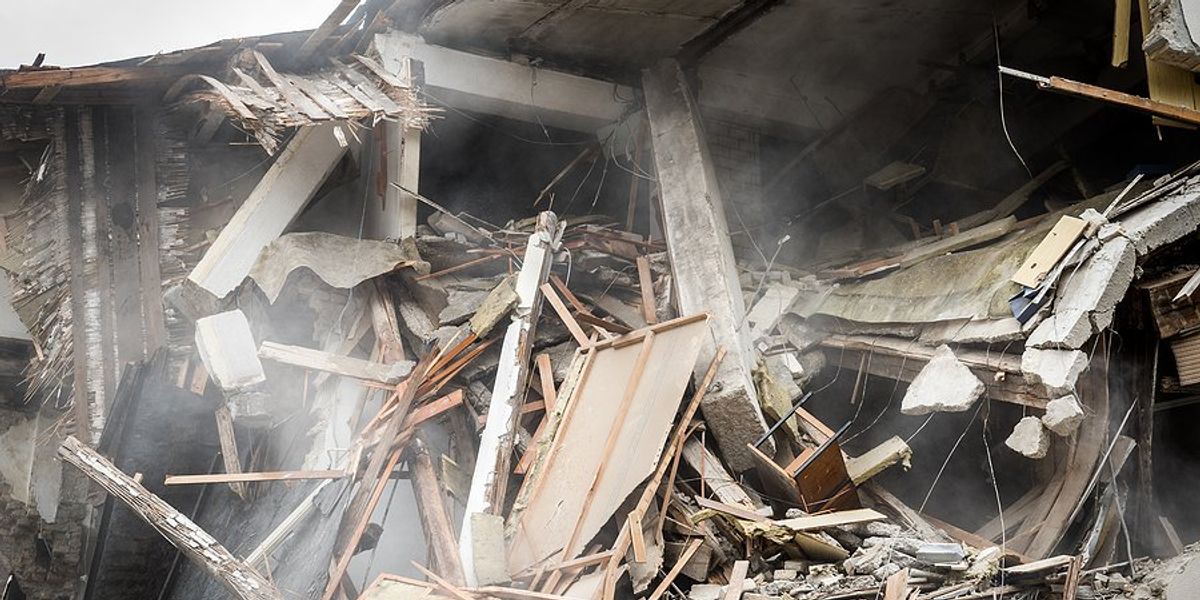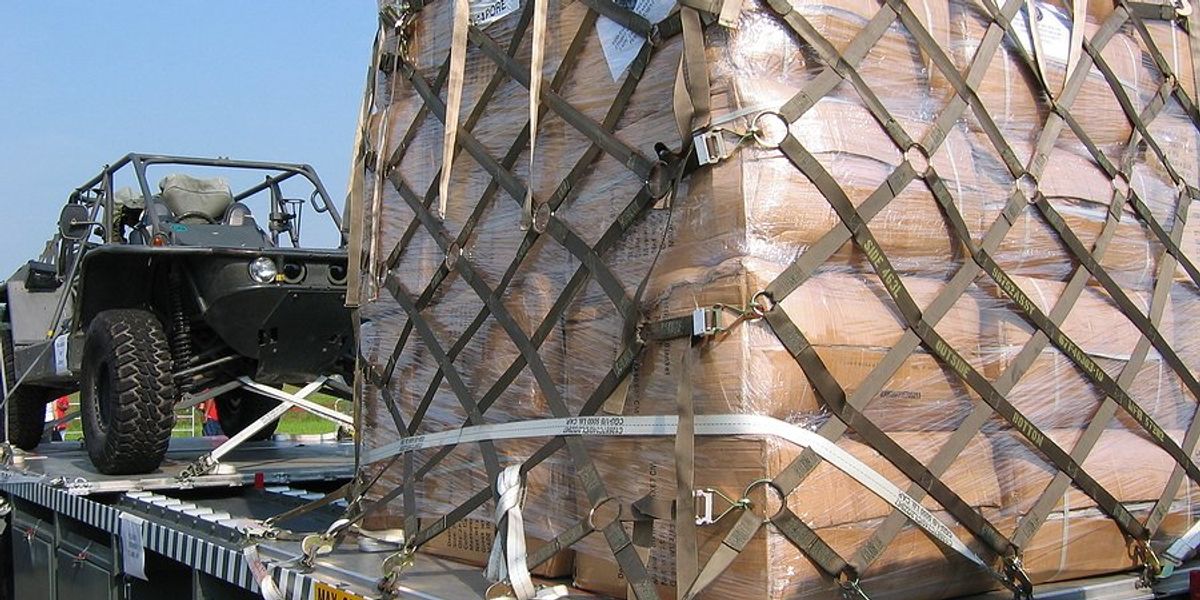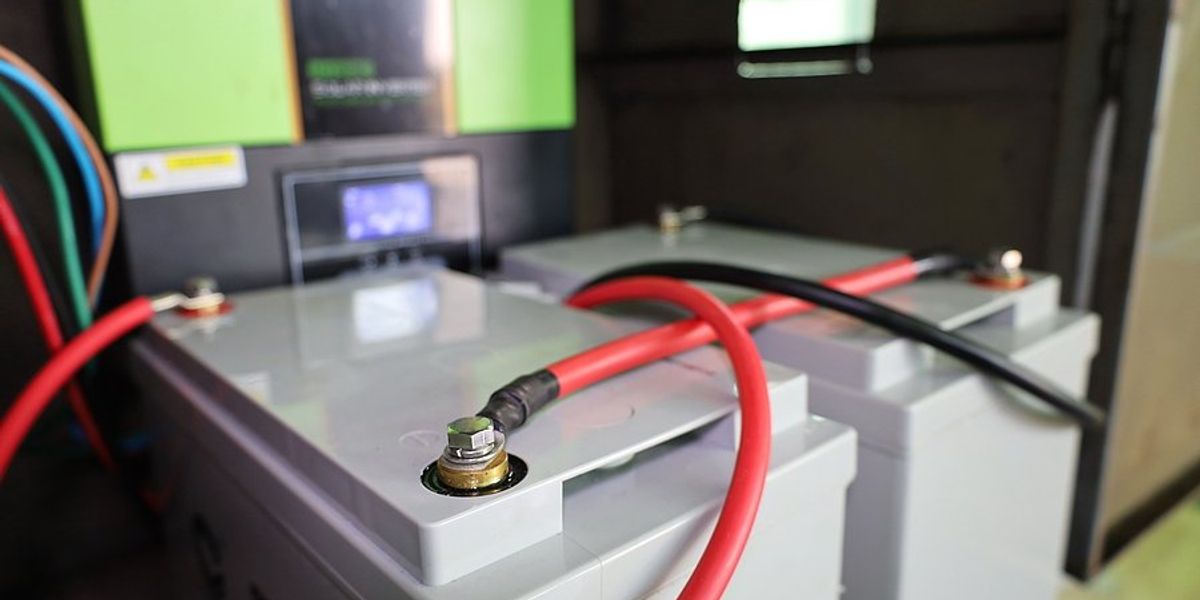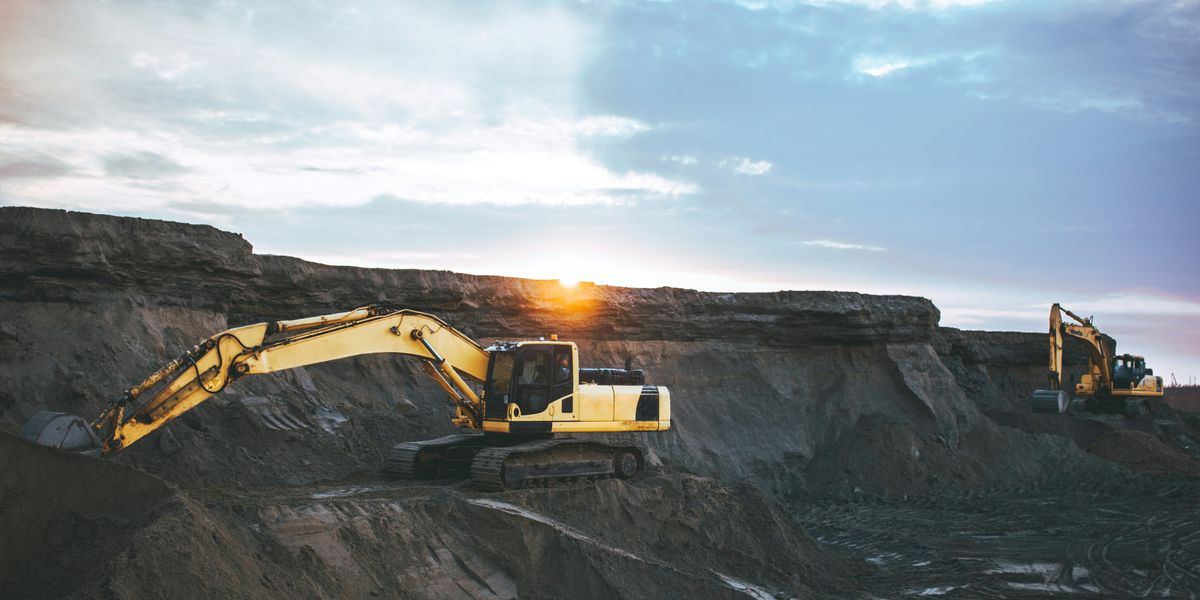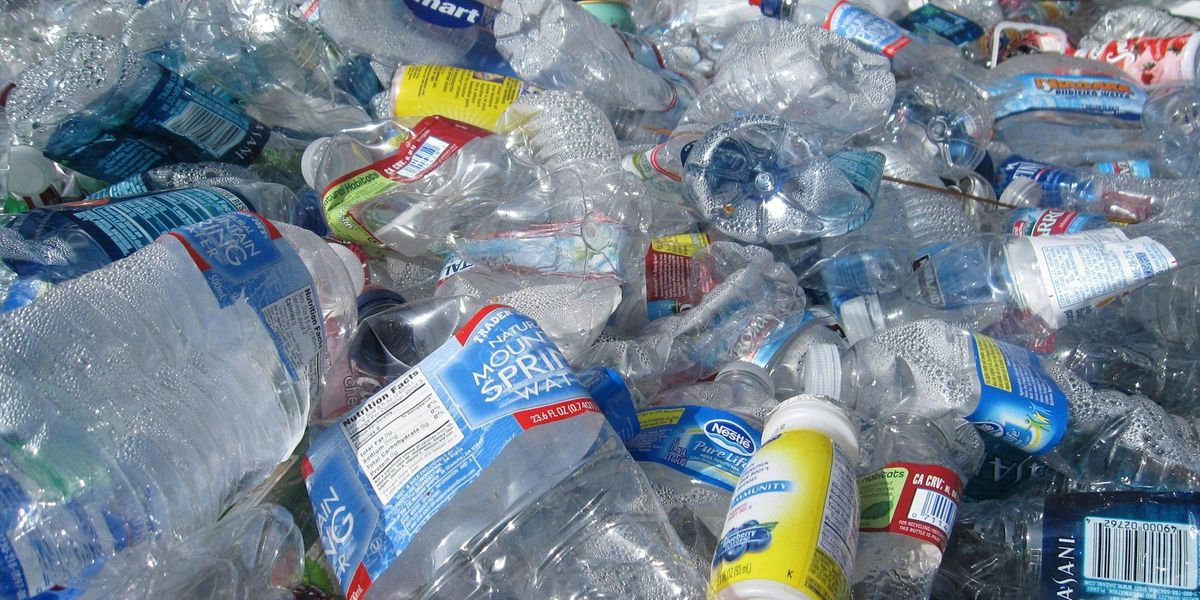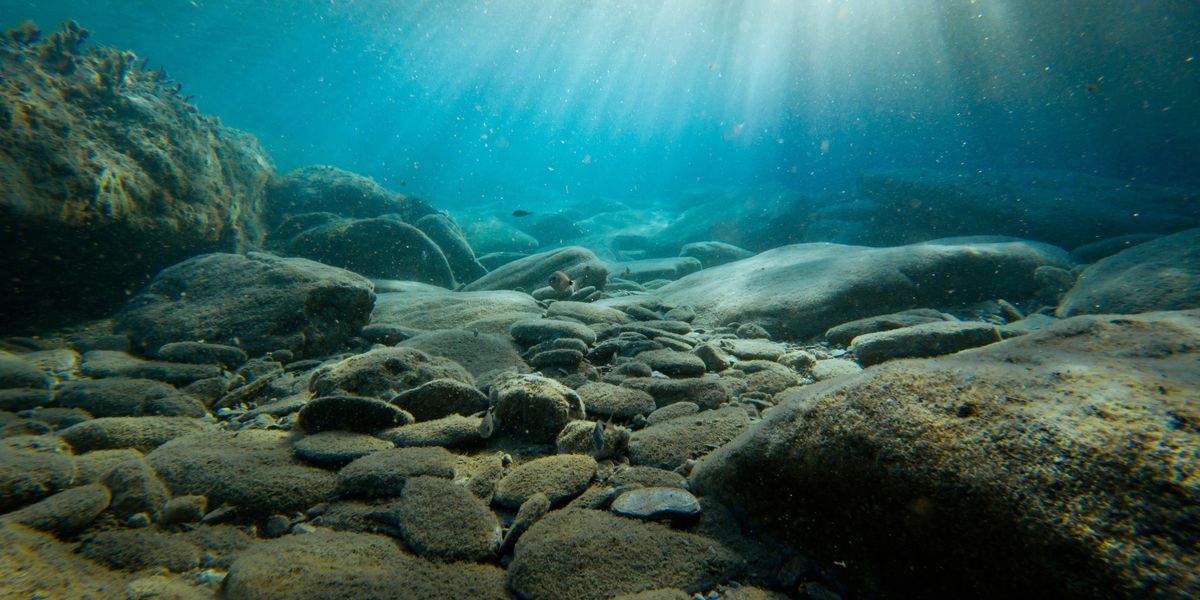
Following up with families from ‘Fractured,’ EHN’s fracking investigation in western Pennsylvania
"The series finally brought to light that we're not the only ones being impacted, that this is a serious problem across the board, and that the industry should be held accountable."
PITTSBURGH—It's been three months since EHN published Fractured, a groundbreaking investigation into the personal costs of fracking for western Pennsylvania families.
The investigation looked at air samples, water samples, and urine samples, and found that five families who live near oil and gas wells are exposed to higher-than-average levels of a long list of toxic chemicals used by the industry including benzene, toluene, and butylcyclohexane. Our study included children and found evidence that they were being exposed to harmful chemicals at levels up to 91 times as high as exposure levels seen in the average American.
Exposure to these chemicals is linked to a range of health effects including respiratory and gastrointestinal problems, skin and eye irritation, organ damage, reproductive harm, and increased cancer risk. EHN's investigation was the first study to measure exposure to these types of chemicals in people living near fracking wells in Pennsylvania.
In the months since, a group of state lawmakers have called on Pennsylvania Governor Tom Wolf to take action in response to our findings, and we've asked many other politicians to share their perspective on the study. Activist groups and readers have shared their responses to the series and let us know how they're using the data to take action.
EHN checked in with the five families who participated in the research to ask what's changed since the series came out, how they've been using the reporting to advocate for their communities, and what they hope happens next.
“It was gut-wrenching”
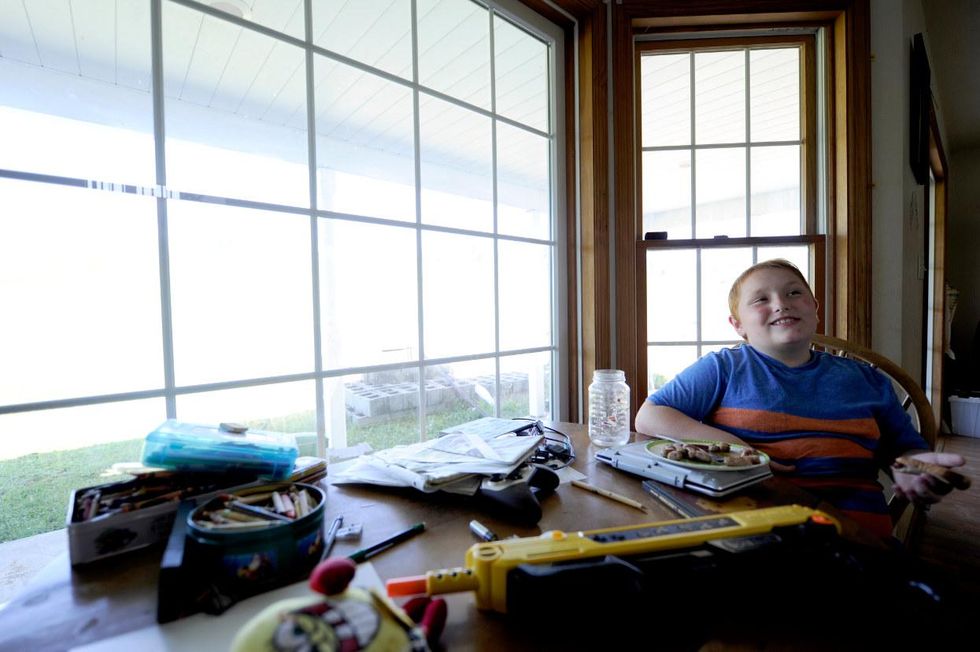
Ryan was nine years old at the time of the study, and one of his urine samples contained a biomarker for benzene at a level more than 28 times as high as that of the average adult cigarette smoker. (Credit: Connor Mulvaney for Environmental Health News)
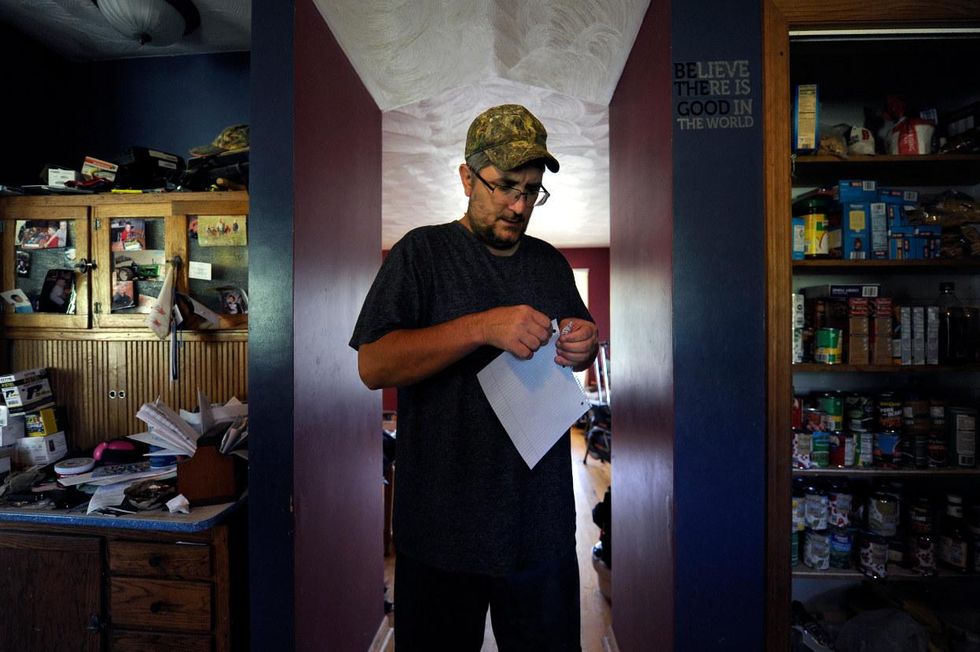
"To see Ryan at such high levels at his age, I don't even have words for it," Bryan Latkanich told EHN. (Credit: Connor Mulvaney for Environmental Health News)
EHN shared the results of our air monitoring, drinking water analysis, and urine sample analysis with the families privately prior to the publication of our stories. Still, some said seeing those test results published publicly brought up many of the same feelings they experienced looking at them privately all over again.
"It was gut-wrenching," Bryan Latkanich told EHN. "It made me sick again to see the levels of exposure that my son has been subjected to. Just absolutely sick to my stomach that they would risk my child's life and my life going after profit."
Bryan and his son Ryan used to have a fracking well 400 feet from their home and had some of the highest levels of exposure among the families in the study. Ryan was nine years old at the time of the study, and one of his urine samples contained a biomarker for benzene at a level more than 28 times as high as that of the average adult cigarette smoker. Long-term exposure to high levels of benzene in the air can cause leukemia.
"To see Ryan at such high levels at his age, I don't even have words for it," Latkanich said.
Jane Worthington, whose grandchildren also had high levels of exposure to harmful chemicals, said she had mixed feelings when the stories came out.
"It was bittersweet," Worthington told EHN. "On one hand, it can be difficult having everyone know about your family's hardships so publicly. My granddaughter is a very private person, so she had a bit of a hard time with it when people at school saw the article. On the other hand, I was so glad the series finally brought to light that we're not the only ones being impacted, that this is a serious problem across the board, and that the industry should be held accountable."
Reactions from friends and family
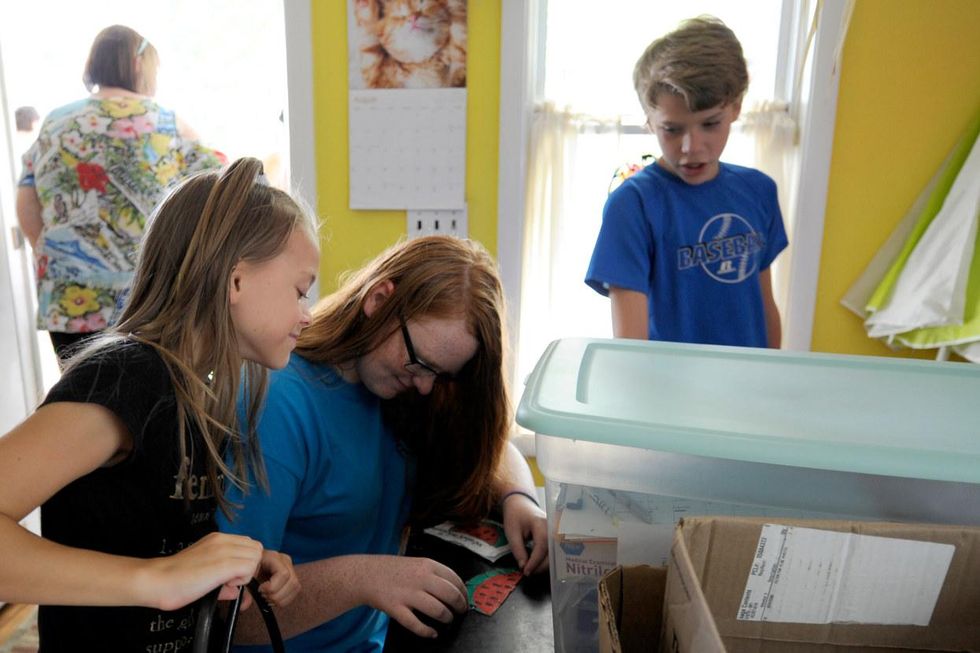
Our study included children and found evidence that they were being exposed to harmful chemicals at levels up to 91 times as high as exposure levels seen in the average American. (Credit: Connor Mulvaney for Environmental Health News)
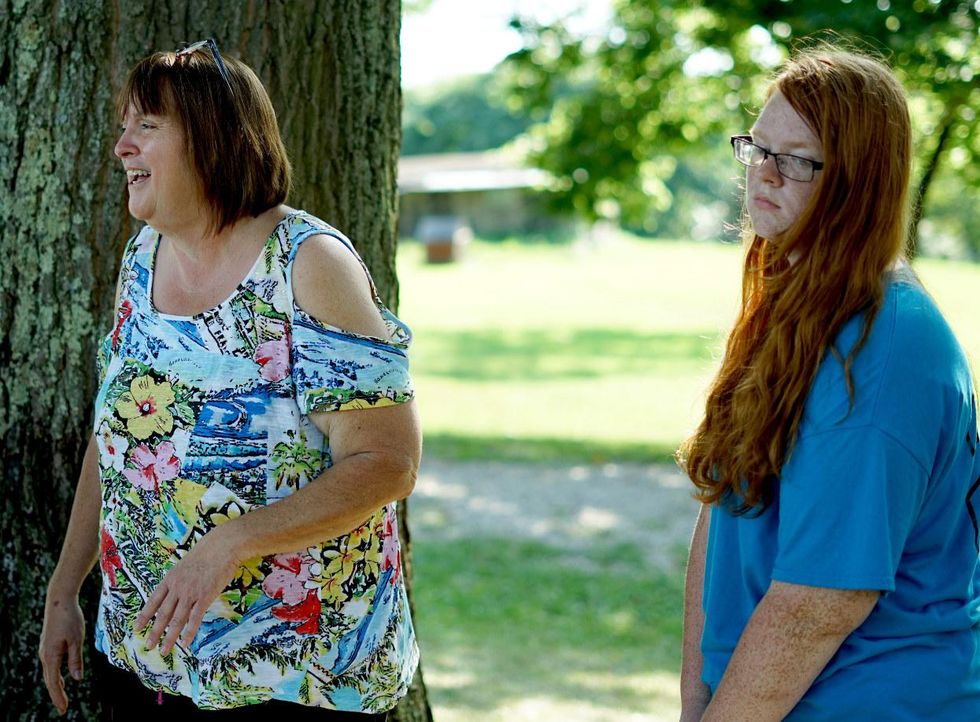
"I have some very supportive relatives and I have some that have been very critical of us for speaking out about these issues," Jane Worthington (left) told EHN. (Credit: Connor Mulvaney for Environmental Health News)
Lois Bower-Bjornson said she mostly felt relief when her family's story was published. EHN's investigation found harmful chemicals like benzene, naphthalene, and toluene in air monitoring and water samples taken from the Bower-Bjornson household, and in urine samples for Lois, her husband, and their four children.
"I was really, really glad when the series finally came out," she told EHN.
"I was surprised by the reactions I heard from some people I'd told about the study before the stories came out," she added. "It was like they didn't really hear how bad it was until they actually read the story, then they were shocked and apologetic. I heard a lot of, 'Oh my God, I'm so sorry this is happening to your family.'"
Bower-Bjornson also said she sent the series to members of her family, who reacted differently depending on their political views.
"I think the hardest part for me was that most of the family members I sent it to didn't really acknowledge it," she said. "I know darn well that some of them didn't even read the whole thing, which was disheartening. You'd expect people who are close to you to at least be willing to read your story… but all in all the responses I did get were really positive, and I didn't hear anyone say anything like, 'Oh that's not true.' People who didn't want to hear it just ignored it."
Worthington also said the reactions from some people in her family were disappointing.
"I have some very supportive relatives and I have some that have been very critical of us for speaking out about these issues," she said. "The unsupportive ones make lots of money working for the oil and gas industry and live in expensive homes and drive matching SUVs, so they're not going to change their minds. The supportive ones said, 'I'm so glad you got the story out.'"
Related: What do politicians have to say about 'Fractured?'
Gillian Graber lives further away from fracking wells than the Bower-Bjornsons, the Worthingtons, or the Latkaniches, but EHN's study found that she and her family were still being exposed to harmful chemicals. Graber said she shared the stories on social media but didn't send them directly to her family members.
"I'd be interested to see what my parents think of it," she said. "I think my mom would probably be really upset, but I don't think it would change her political views. It's funny how people can compartmentalize issues...I just want to tell her, 'if you don't think things like this should be happening, you're voting for the wrong people.'"
Using “Fractured” to push for change
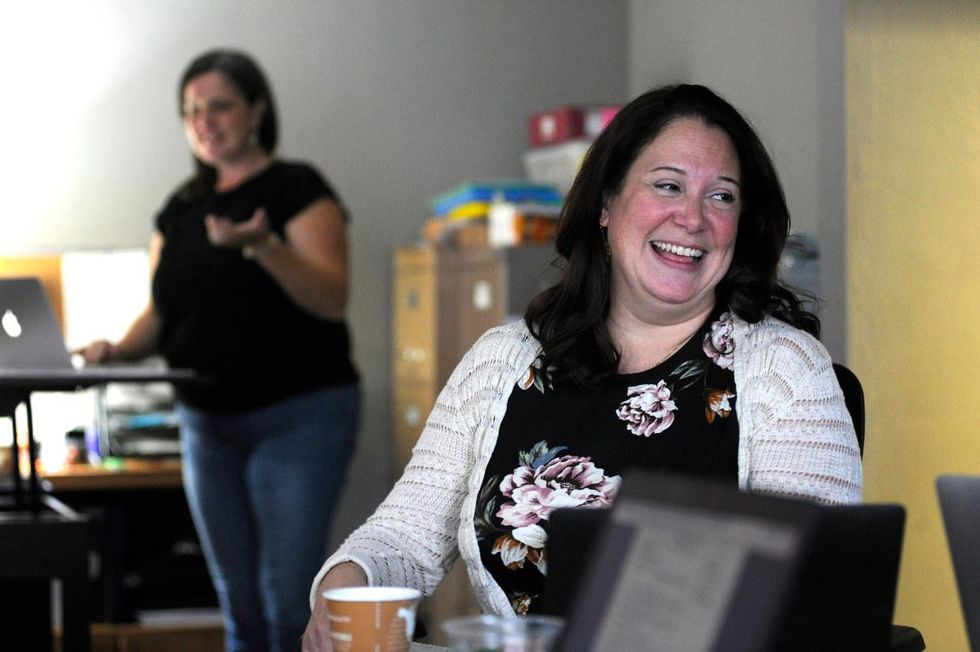
"I'd be interested to see what my parents think of it," she said. "I think my mom would probably be really upset, but I don't think it would change her political views," Gillian Graber told EHN. (Credit: Connor Mulvaney for Environmental Health News)
In the weeks after the series was published, Bower-Bjornson sent it to dozens of journalists and lawmakers.
"I sent it to pretty much every reporter, politician, and researcher I know either via text or email," she said. "What I got back from a lot of them was, 'I saw this, it's terrible that this is happening, we want to do something to follow up.'"
Her efforts directly contributed to a group of 34 state lawmakers issuing a public letter calling on Pennsylvania Governor Tom Wolf to take action to protect the health of Pennsylvanians and conduct the same type of testing done for Fractured statewide. Gov. Wolf has thus far declined to commit to any action in response to the letter, but said in a statement to EHN that his administration "stand[s] ready to assist the legislature in developing more stringent measures to protect the public, as further regulation of the industry would require approval from the federal government or state legislature."
Related: The political, media, and community response to our Fractured investigation
Worthington shared the series with one of her local township supervisors who frequently votes in favor of oil and gas development, and with a local group doing advocacy work related to cases of rare childhood cancer, which some residents fear is related to fracking.
After she learned about her family's exposures and discovered that her home was surrounded by dozens of conventional oil and gas wells through EHN's study, Trafford resident Ann LeCuyer set out to determine whether any of those wells had been inspected recently. She used publicly available data from the Pennsylvania Department of Environmental Protection (DEP) to look up production and inspection reports for the 20 wells closest to her home.
"It turned out a lot of those wells hadn't been inspected in 10 or 15 years," LeCuyer told EHN. She called the DEP to request inspections be conducted for those wells. [Any idea if they are going to and/or what their response was?]
Upon request, LeCuyer said, the DEP inspected a few of the wells, but the vast majority of them remain un-inspected, which she finds frustrating. In 2019 (the last year for which inspection results have been published), the DEP conducted less than half as many inspections of conventional oil and gas wells than it did of fracking wells, but found nearly double the number of violations.
"I wish the DEP was doing a better job of that in general, and I also wish they would actively try and figure out why we're being exposed to everything we're being exposed to here."
Hopes for the future in fracking country
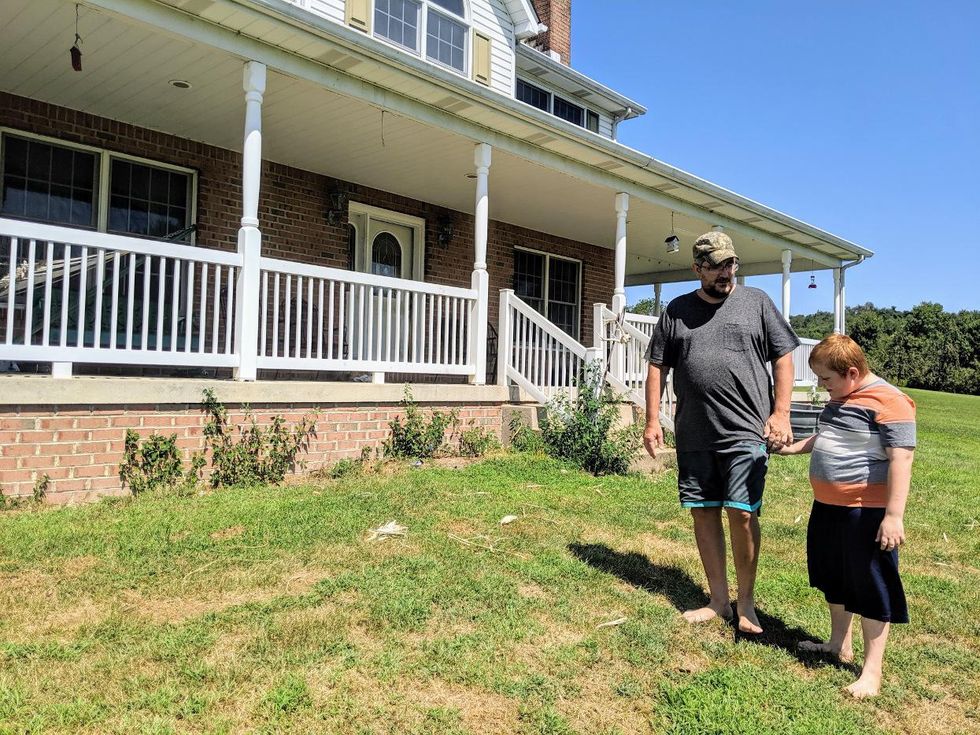
The wells on Latkanich's property have been plugged, but his home is still surrounded by other fracking wells. (Credit: Kristina Marusic for Environmental Health News)
The people who participated in the study said they remain hopeful that Fractured will pave the way for change.
"I hope that next someone will do the same kind of study on a massive scale so I can invite everybody I know into it," Bower-Bjornson said. "When I was telling people about my results I had so many people asking where they could get the same testing done. There are so many people here who are afraid their families are being exposed to harmful chemicals, and they deserve answers."
The wells on Latkanich's property have been plugged, but his home is still surrounded by other fracking wells and he still worries about air pollution and soil and water contamination.
"Hopefully we can get a new house elsewhere where we can actually drink our water, breathe our air, and plant ground that's not contaminated," he said. "That's really what we're after—to be made whole somewhere else."
"You just can't continue to ruin people's lives and not be held responsible for it," he added. "When people get sick and it can be traced back to them with enough documentation, they're going to have a problem."
Worthington said that seeing new oil and gas regulations pass at the federal level has made her hopeful.
"I hope similar changes will also spread midstream and be applied to the oil fields themselves," she said, referring to steps taken by the Biden administration aimed at giving states more power to regulate oil and gas pipelines, cancelling the Keystone XL pipeline, halting new oil and gas leases on federal lands, reversing the Trump administration's rollback on methane regulations, and eliminating subsidies for fossil fuels.
Fracking reform in Pennsylvania
In May, Pennsylvania Senate Democrats proposed eight new bills aimed at regulating the industry more carefully and increasing transparency.
The bills would, among other things, require new fracking wells to be at least 2,500 feet from homes (up from the current setback of 500 feet) and 5,000 feet from schools and hospitals, require trucks transporting radioactive fracking waste to be labeled as hazardous, require fracking companies to disclose all of the chemicals they use, increase air and water monitoring near well pads and other infrastructure, and allow the Attorney General's office to bring criminal cases against fracking companies without a referral from another government agency (currently a referral is required).
The bills (Senate Bills 650-657) have been referred to the Pennsylvania Senate Committee on Environmental Resources and Energy for consideration, but state Democrats face an uphill battle to get them passed in the Republican-controlled House and Senate.
"I really hope that more lawmakers will see Fractured and continue to think about reform," said Graber, who serves as executive director of the environmental advocacy group ProtectPT. "I'd be really happy if they'd put me out of a job."
See the entire Fractured series and Pennsylvania lawmakers' reactions.
Frequently Asked Questions about Fractured: What to do, who to call, how to push for change.
Have you been impacted by fracking? We want to hear from you. Fill out our fracking impact survey and we'll be in touch.
Banner photo: Jane Worthington (left) and Lois Bower-Bjornson (right) in 2019. (Credit: Connor Mulvaney for Environmental Health News)

